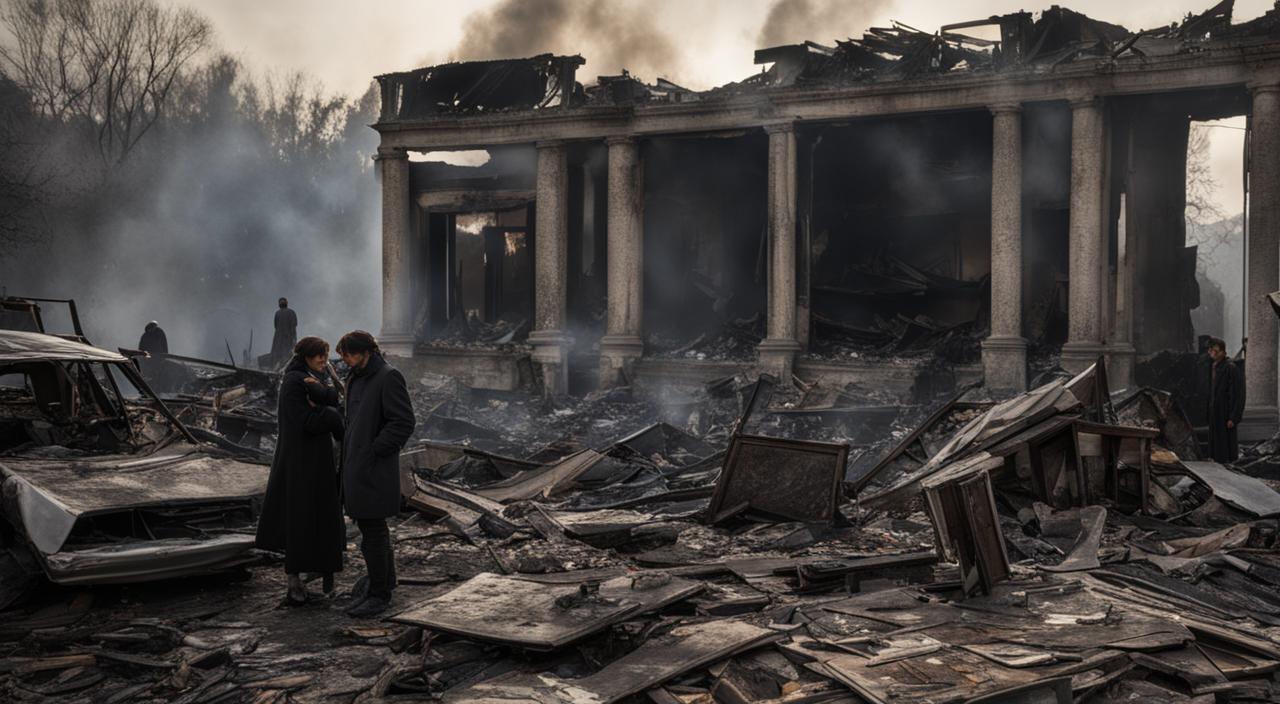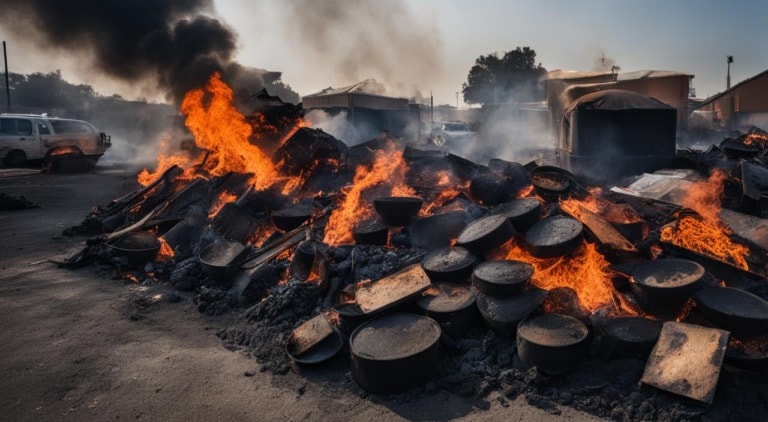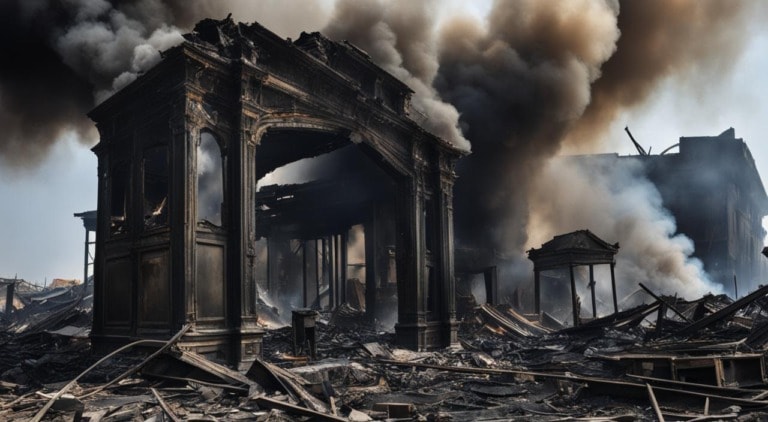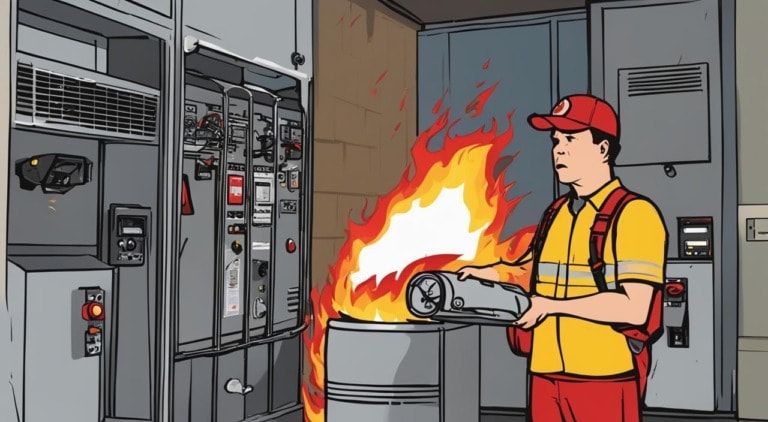
Approximately 3.5 million homeowners in the US are currently uninsured, leaving them in a state of financial vulnerability if they experience a house fire. Home insurance provides coverage for structural repairs, personal property loss, liability protection, and additional living expenses. While home insurance is not required by law, most mortgage lenders will require it.
Without insurance, homeowners may still owe money to their lender, have to pay for repairs and temporary housing themselves, and bear the cost of replacing lost personal property.
In the event of a house fire without insurance, homeowners may seek recourse by taking an at-fault person to court or seeking financial aid from organizations like FEMA. Homeowners need to get coverage to avoid the devastating financial outcome of a house fire without insurance.
Resources for Homeowners Without Insurance After a House Fire
For homeowners who experience a house fire without insurance, there are resources available to help them rebuild their homes. These resources can provide financial aid and other forms of assistance during a difficult time. Here are some organizations and programs that homeowners can turn to:
Federal Emergency Management Agency (FEMA)
FEMA offers grants and funds to assist homeowners affected by fires. Homeowners can apply for FEMA assistance by obtaining a paper application from their local fire department or the United States Fire Administration website. FEMA provides financial support for individuals and households to cover essential expenses, such as home repairs and temporary housing.
American Red Cross
The American Red Cross offers food, shelter, and financial assistance to those in need after a house fire. Homeowners can apply for Red Cross services through their official website or by contacting their helpline. The organization provides immediate support to help families meet their basic needs and begin the recovery process.
United States Department of Housing and Urban Development (HUD)
HUD provides grants for those in need of more permanent housing solutions. Homeowners can apply for HUD funding through their official website. The grants can be used to rebuild or repair damaged homes, and they aim to help homeowners regain stability and security in their housing situation.
Additionally, homeowners can reach out to local churches and religious organizations, as they often offer financial aid to individuals and families in need. Homeowners without insurance need to explore these resources and organizations to receive the support they need to rebuild their lives and homes after a devastating house fire.
What to Do if Your Property is Uninsured After a Fire
If your property is uninsured and you have experienced a fire, you may find yourself facing a daunting financial situation. However, there are steps you can take to seek financial assistance and navigate this challenging situation.
First, reach out to your community and organizations such as the American Red Cross. They may be able to provide support and resources to help you recover from the fire. Additionally, if the fire has occurred in a federally declared disaster area, you may be eligible for assistance from FEMA.
It is crucial to gather and maintain documentation and proof of loss. This evidence will be essential in supporting your claims for financial assistance or any potential insurance settlement. If you find that your insurance settlement is not sufficient to cover your losses, you have the option to file a complaint and seek additional payment. However, be aware that cashing a settlement check may be seen as accepting the company’s offer and releasing them from further liability.
For homeowners with financed property, it is important to be aware of how claim checks are issued and endorsed by both you and your lienholder. If your lienholder cashes a settlement check without your knowledge or endorsement, you can seek assistance from the Texas Department of Banking.
If you have comprehensive coverage for your vehicle, it may provide coverage for fire, smoke, or explosion damage. Check your policy to see if rental coverage is included, as this can help with the cost of a temporary vehicle while you rebuild.
If your home is deemed a total loss, you can negotiate with the insurance company to keep the salvaged property, but you will be responsible for repair costs and compliance with salvage laws. Consult the Department of Motor Vehicles for specific guidance on title processing for totaled vehicles.






